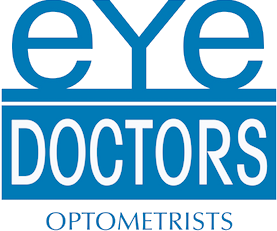Gas Permeable Lenses
At Eye Doctors - Elgart Gordon & Associates, we offer a range of contact lens options to suit various visual needs, including gas permeable and rigid gas permeable lenses. These lenses provide unique advantages for individuals seeking precise vision correction and optimal comfort.

Gas Permeable Contact Lenses: These lenses, also known as GP lenses or RGP lenses, are made from a firm plastic material that allows oxygen to pass through to the cornea. This ensures better oxygen flow compared to traditional hard lenses, enhancing comfort during wear. GP lenses provide excellent vision correction for a wide range of prescriptions, including astigmatism and higher levels of refractive error. Their durability and crisp optics make them an ideal choice for those seeking clear and stable vision.
Rigid Gas Permeable Contact Lenses: RGP lenses share many characteristics with standard gas permeable lenses. They provide sharper and clearer vision compared to soft lenses, making them a great option for individuals with irregular corneas or complex prescriptions. RGP lenses can help address conditions like keratoconus, where the cornea becomes progressively thin and conical in shape.

Benefits of Gas Permeable Lenses
Adapting to GP Lenses
One of the downsides of GP contact lenses is that they require an adaptation period, particularly if you are used to soft lenses with a larger diameter. One of the major differences is an experience of “lens awareness” in which you feel the edge of the lens when you blink. It could take up to a few weeks to get used to the lenses but many people report that after this initial period they find that GP lenses are just as, if not more comfortable than soft lens varieties.


GP Lenses For Myopia and Ortho-K
Research shows that gas permeable lenses might be effective in slowing the progression or worsening of myopia or nearsightedness, particularly in children. They are also used in Orthokeratology (ortho-k), a vision correcting procedure in which you wear the lenses at night to reshape your cornea for improved vision during the day.
